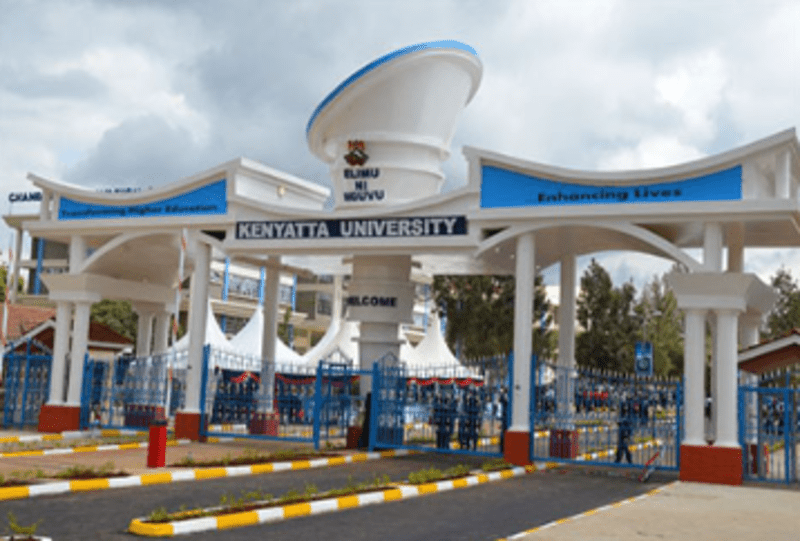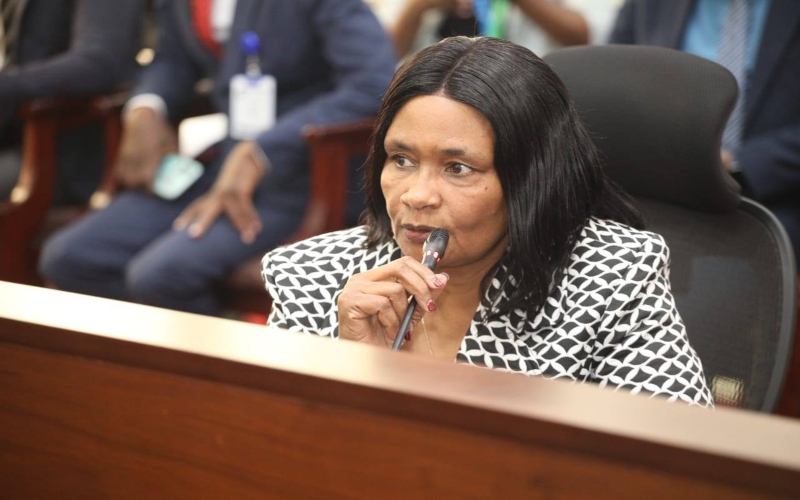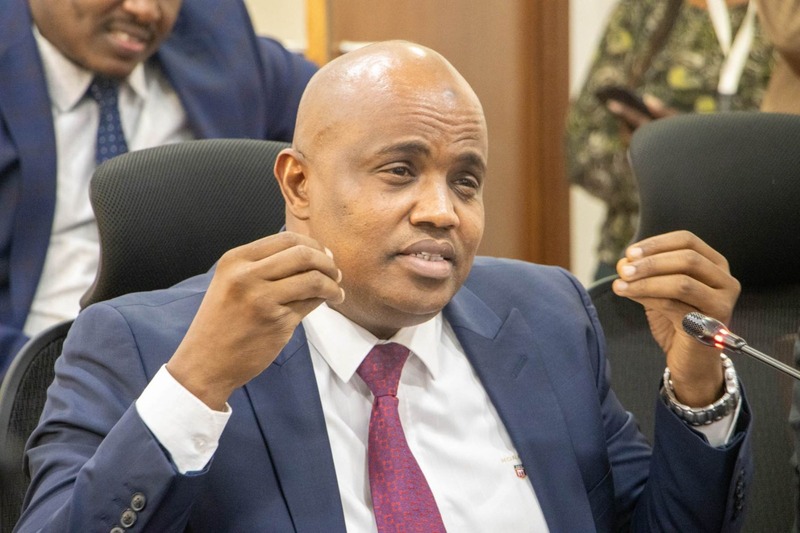Audit reveals Sh3 billion financial irregularities in public universities

The Auditor General warned that the Sh3 billion in unexplained expenditures reflects systemic governance weaknesses, pointing to a broader culture of poor financial discipline in public universities.
A recent audit has exposed widespread financial irregularities in Kenya’s public universities, with over Sh3 billion in expenditures lacking proper documentation or justification.
Auditor General Nancy Gathungu revealed that 10 universities could not provide adequate records for these payments for the financial year ending June 30.
More To Read
- MPs back move to amend finance law to align audit timelines with Constitution
- State agencies, counties owe Kenya Power Sh4.67 billion in unpaid bills - Auditor General
- Over 16,000 in the dark as Kenya Power struggles to procure essential meters, transformers
- MPs push for urgent funding boost for Auditor General’s office
- Top schools flagged for illegal fees and uniform procurement in Auditor General’s report
- Audit flags leadership vacuum at Garissa University since 2022
“These anomalies arose from undocumented project expenditures, unsupported council allowances, unverified casual staff costs, invalid lease payments and payments lacking contracts or work certifications,” Gathungu said.
The University of Nairobi recorded the largest unexplained spending at Sh1.8 billion, representing more than half of the total anomalies identified across all the universities.
The issues mainly involved accommodation, catering, and payments to temporary employees. Management failed to account for Sh133 million on accommodation and catering, Sh660,000 in council allowances, and Sh1.6 billion in casual staff payments.
Kenyatta University could not clarify the Sh102 million reportedly spent on USAID Hero projects.
Moi University had Sh34 million in council spending without supporting documents, including payee information, meeting records, and minutes. An additional Sh3 million under non-agricultural expenses also lacked proof.
The University of Kabianga spent Sh22 million on land leases with Telkom Kenya Ltd, but auditors found no valid agreements. Egerton University failed to justify Sh4.8 million in rent payments and Sh1.6 million to two landlords with no formal contracts.
Jaramogi Oginga Odinga University of Science and Technology could not explain Sh297 million in expenditures, including Sh18.5 million for casual staff and Sh278 million on other unspecified items.
“There was no documentary evidence on how they were identified and recruited. Master rolls were not provided,” the report said.
Maasai Mara University faced scrutiny over Sh263 million in spending, including Sh7 million in taxes, Sh142 million in debt repayments, Sh47.7 million in excess depreciation transfers, Sh51 million invested in biological assets, and Sh14 million in legal fees.
At the Technical University of Kenya, only four of 14 special council meetings had recorded minutes, raising doubts about decisions taken in the remaining 10.The
Technical University of Mombasa reported Sh289 million as work in progress without any certificates of completion.
In addition to these irregularities, at least 16 universities had unreconciled accounts and unsupported balances totalling Sh21.3 billion.
The discrepancies included incorrect opening balances, unverified deferred income, unreconciled receivables and payables, missing property valuations, and undisclosed loans or investments.
“The persistence of these issues undermines the accuracy, completeness and reliability of the public universities’ financial reporting,” Gathungu said.
At Kenyatta University, 138 grants were not audited due to missing agreements, while Sh1.3 billion in deferred income could not be confirmed.
Moi University had Sh6.5 billion in unreconciled accounts, including Sh1.6 billion in pension contributions without proper documentation. A government loan of Sh231 million remained unserviced for more than 12 years, and a Sh480 million Rivatex investment lacked governance controls.
The University of Nairobi also recorded unsupported balances of Sh9.8 billion, including grants, receivables, student fees, payables, investments, net assets, and trust funds.
The audit further highlighted serious failures in managing imprest funds totalling Sh31.6 million at six universities.
At Multi-Media University, Sh3.65 million in imprests were used by researchers to procure minor items, bypassing procurement rules.
The University of Nairobi spent Sh7.47 million in imprests before staff had surrendered previous allocations, while Maasai Mara and Cooperative University had Sh6.6 million in outstanding advances beyond the required surrender period.
Laikipia University’s imprest records for Sh6.5 million lacked critical information, such as warrants and surrender dates. At the Technical University of Kenya, one officer accounted for Sh7.6 million in imprests on behalf of multiple staff members. Gathungu said this “completely undermined individual accountability and created significant risk of fund misuse.”
The Auditor General warned that the Sh3 billion in unexplained expenditures reflects systemic governance weaknesses, pointing to a broader culture of poor financial discipline in public universities.
Top Stories Today













































